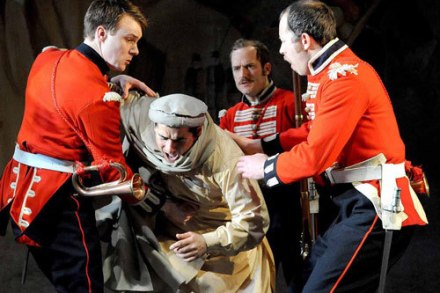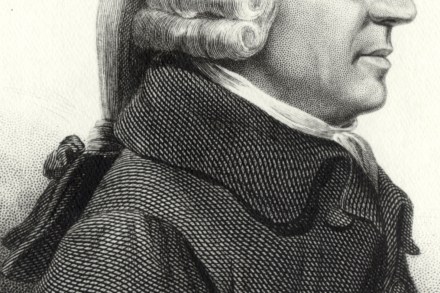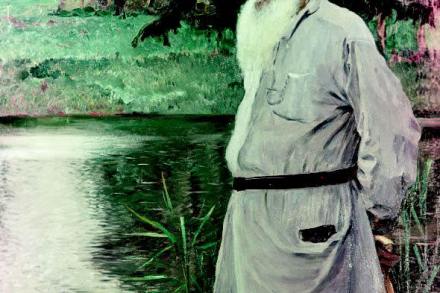Under Eastern eyes
The Ottoman Empire inspired great travel books as well as great architects. Travellers like George Sandys, Richard Pococke or the Chevalier d’Arvieux in the 17th and 18th centuries were curious, erudite and less arrogant than their 19th-century successors. The Ottoman Empire inspired great travel books as well as great architects. Travellers like George Sandys, Richard Pococke or the Chevalier d’Arvieux in the 17th and 18th centuries were curious, erudite and less arrogant than their 19th-century successors. Like cameras, they recorded monuments, encounters, manners and customs. They can make the reader feel that he or she is there, in Smyrna or Beirut, at that time. Ottoman travel writers on Europe, however,










